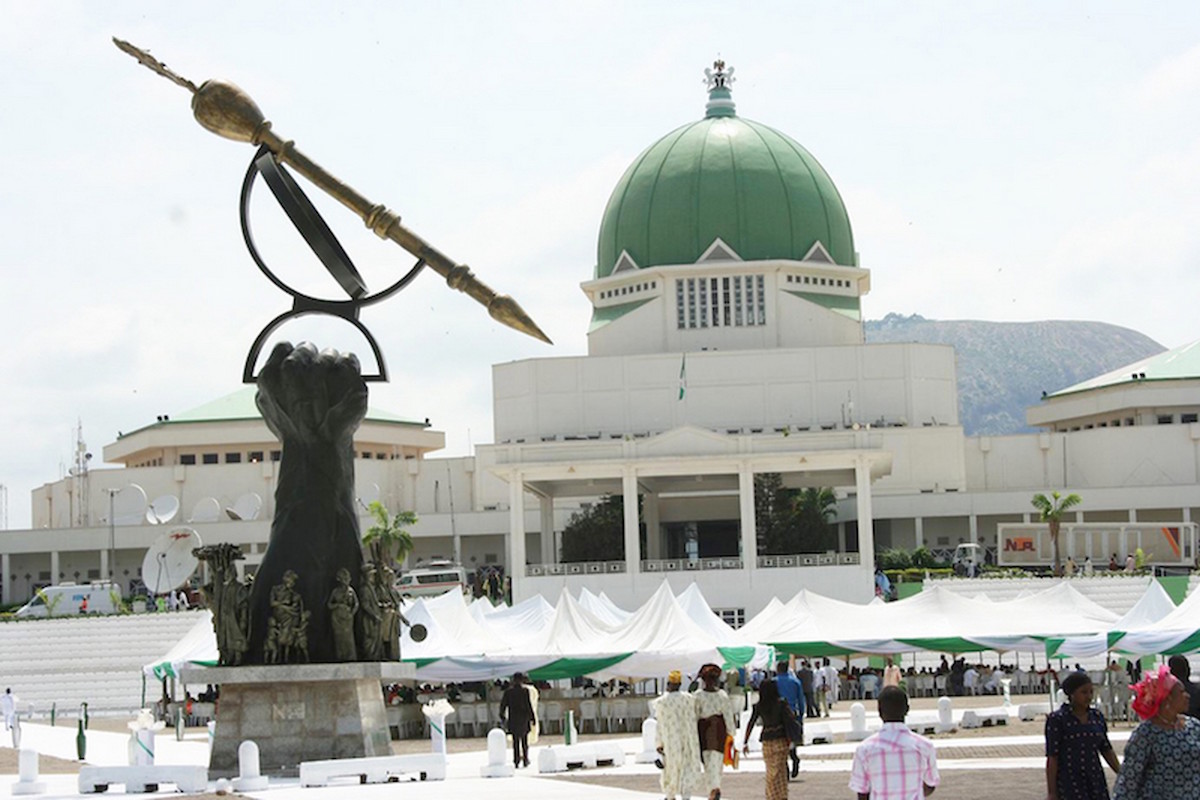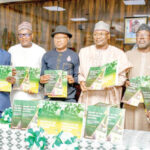The passage of the Electoral Amendment Bill 2021 last week by the National Assembly has drawn reactions that clearly accentuate the acute sensitivity of the various sections of the country to the dispensation and its outcome.
The bone of contention is the prospect or otherwise of the dispensation to foster an improvement of the country’s electoral processes through which leaders are sourced.
From the gale of reactions both in support and against specific provisions of the bill, there are strong reasons for the National Assembly to recall the document for review, as it clearly has not passed the test of public acceptability. And as anyone who is adept in public administration may testify, any legislation that fails the test of public acceptability, turns out to be difficult in enforcing. Hence enacting the Electoral Bill in its present controversial state, may render it a dead-on-arrival law.
As contained in the bill, (and also trending in the public domain) are several sections that clearly run against public expectation, and in an ordinary context, simply constitute a grand conspiracy by the elitist legislators and their political sponsors, against the wider cross-section of the country. One of these is the section which confers on the Independent National Electoral Commission (INEC) and the National Assembly the prerogative to determine whether the transmission of election results from the polling units to the collation centres, should be done electronically or otherwise. By every sensible consideration this is a direct endorsement of election rigging, and places a huge question mark on the sense of judgment of the Senator Kabiru Gaya’s Commitee which concocted this twist in the draft legislation.
A recall of the bill is even more auspicious given that it concerns elections and the vexing issue of mass dissatisfaction by a wide cross section of Nigerians with the apex leadership of the country. Considering that the country is presently beset with a rash of existential crises which remain mostly spawned by widespread grievances over the style of national leadership, this is hardly a time to be indiscrete with matters that border on leadership choices. It is against this backdrop that misgivings about the vexing provisions of the bill, originate.
If for nothing, the enterprise of the likes of Nnamdi Kanu of IPOB, Sunday Igboho of the Yoruba nation advocacy and Ibrahim Shekau of the Boko haram insurgency, along with their band of fellow travelers on the course of drastic restructuring of Nigeria, should have impelled on the National Assembly to demonstrate the commitment to avail the country a more robust Electoral Amendment Bill 2021. Rather what the National Assembly availed the country is a piece of legislation that not only fails to promote national interest but also creates the portends of future turbulence by casting designated interests, against each other.
Interestingly, not a few Nigerians will vouch that the compromised state of the Electoral Amendment bill did not come to them as a surprise given the pliant posture of the Ninth National Assembly towards the Presidency. It is on record that three previous attempts to amend the electoral act had failed with either the active connivance or diminished commitment from the National Assembly. In the same context, for a National Assembly whose presiding officers in particular and the leadership in general have allowed themselves to indulge in promoting the proclivities of the of the President and the executive arm instead of holding the same accountable, hardly can anything more dignified be expected from such a system. While nothing is intrinsically wrong in praising the President justifiably, the indulgence of serving as his errand boys remains questionable, as such constitutes a fundamental breach of the Constitution. The coming of the new bill as packaged is seen by many Nigerians as simply doing the will of the President and the ruling All Progressives Congress (APC). Should this dispensation stand it provides a precedent whereby any political party that controls majority in the National Assembly can simply use its weigh to muscle up obnoxious legislative dispensations even if such proves injurious to the country’s interests.
However, the saving grace for the country, remains the irrevocable capacity of time to change anything including the permutations of any political establishment that fails to take into account contemporary social tendencies that stimulate changes in society especially the factor of demography. In the Nigerian situation, demographic considerations dictate that the younger generation who have lost confidence in the status quo, and are clamouring for change seem to be left out in the political calculus by the sponsors of the bill. There is a growing divide between the elite and the youthful masses for whom, the elite are daily appearing as the problem to be resolved in any way possible. This new bill went too far in betraying the mischief in the mindset of its sponsors, and may fail in implementation even if signed into law.

 Join Daily Trust WhatsApp Community For Quick Access To News and Happenings Around You.
Join Daily Trust WhatsApp Community For Quick Access To News and Happenings Around You.

